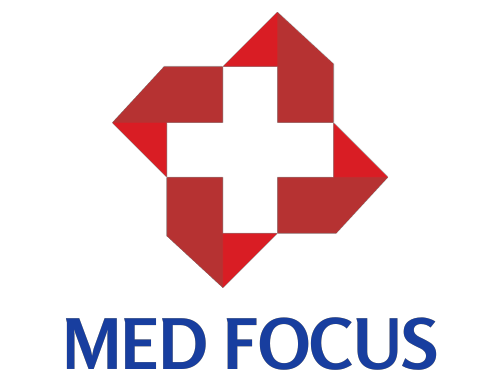Communication skills are verbal and non-verbal words, phrases, voice tones, facial expressions, gestures, and body language that you use in the interaction between you and another person. Non-verbal communication requires background skills such as audience awareness, personal presentation, and body language. Effective communication is an essential part of building and maintaining good physician-patient and physician-colleague relationships. , High-Performers understand that they too must pay attention to communication skills or they risk getting out of shape pretty quickly.

A few ideas are listed here for clinical students to empower their communication skills.
1.Communication skills in healthcare
- Explaining diagnosis, investigation, and treatment.
- Involving the patient in the decision-making.
- Communicating with relatives.
- Communicating with other health care professionals.
- Breaking bad news.
- Seeking informed consent/clarification for an invasive procedure or obtaining consent for a post-mortem.
- Dealing with anxious patients or relatives.
Difficult patients are ordinary people who come to your health institute, whatever is because they have to, not because they want to. Sometimes, they have even been brought in unwillingly by a family member or a friend. They come in with a vast range of different personalities, cultural backgrounds, and current emotional states.
2.Difficult Patients Situations in Medical Encounters
- The Silent or Reticent patient.
- The Rambling or Talkative patient.
- The Vague patient.
- The Angry patient.
- The Depressed or Sad patient.
- The Denial patient and the Anxious patient.
- Patient with Somatization.
- The Dependent and Demanding patient.

3.How to improve my communication skills?
Communication skills are learnable, trainable, and adaptable just like any other skill! It is not easy to change yourself. But it wasn't easy to be in your current academic achievement either. You can teach yourself these skills, learn them, adopt them, and make them part of you. There are hundreds of books and courses to help you improve your communication skills. Also, hundreds of professionals are willing to sit with you to clarify your doubts.

4.Documentation skills
Remember to document everything you do, if there is no record it was not done. The more details you can document the better. These not only help support the reason for hospice care but they help protect you and the company.
Key points to remember when documenting:
- Minute details- to be notified
- Timeliness- make yourself available
- Reporting- changes noted
- Remember the communication among other disciplines

This blog would facilitate you to have better communication and documentation skills to prove as high performer in health care world.
Kindly visit themedfocus.com for additional advice and recommendations about attending medical school. If you're seeking a trustworthy internet source, please check out the whole medical school package at the URL below.
https://themedfocus.com/products/the-complete-med-school-bundle

